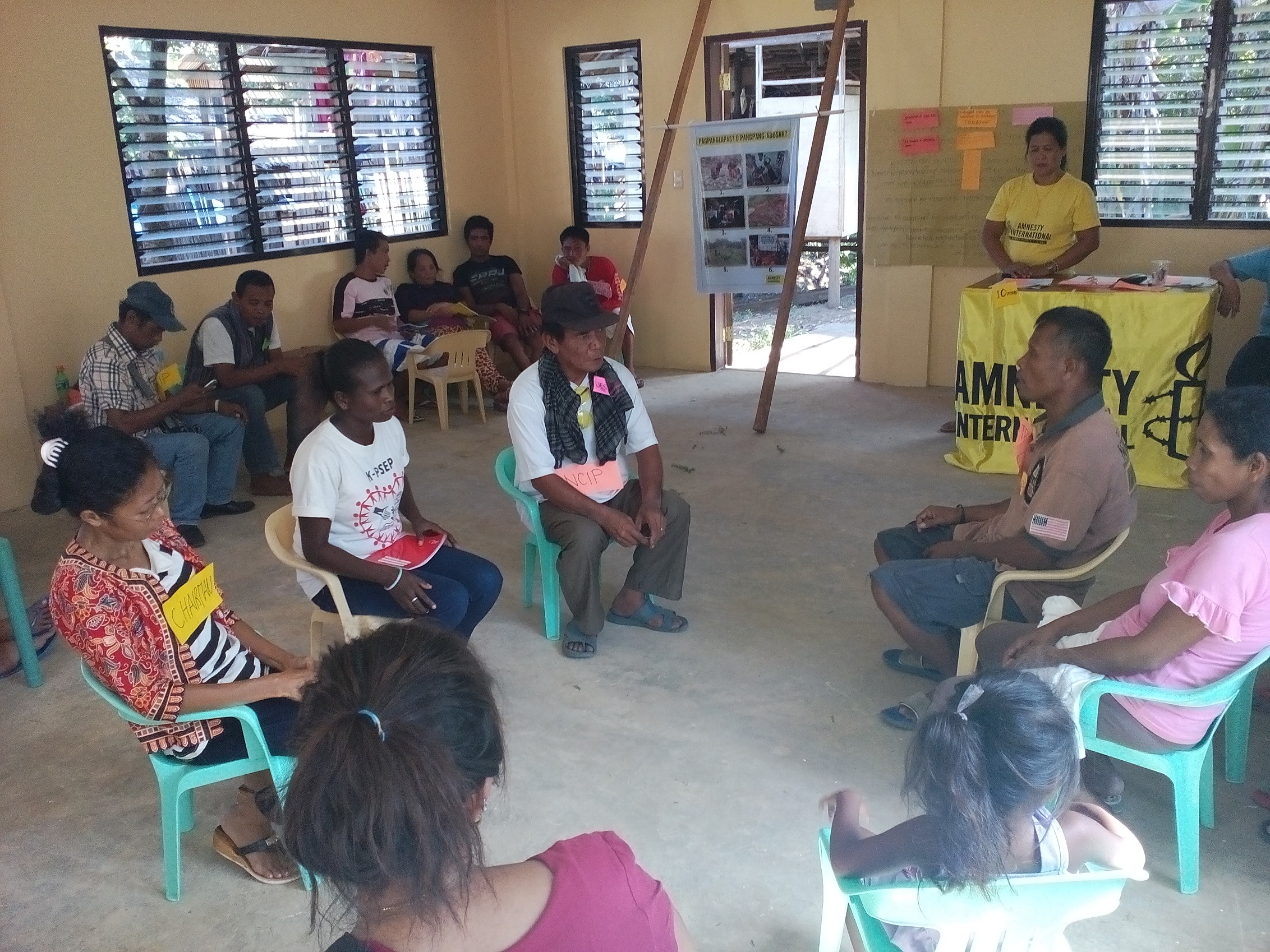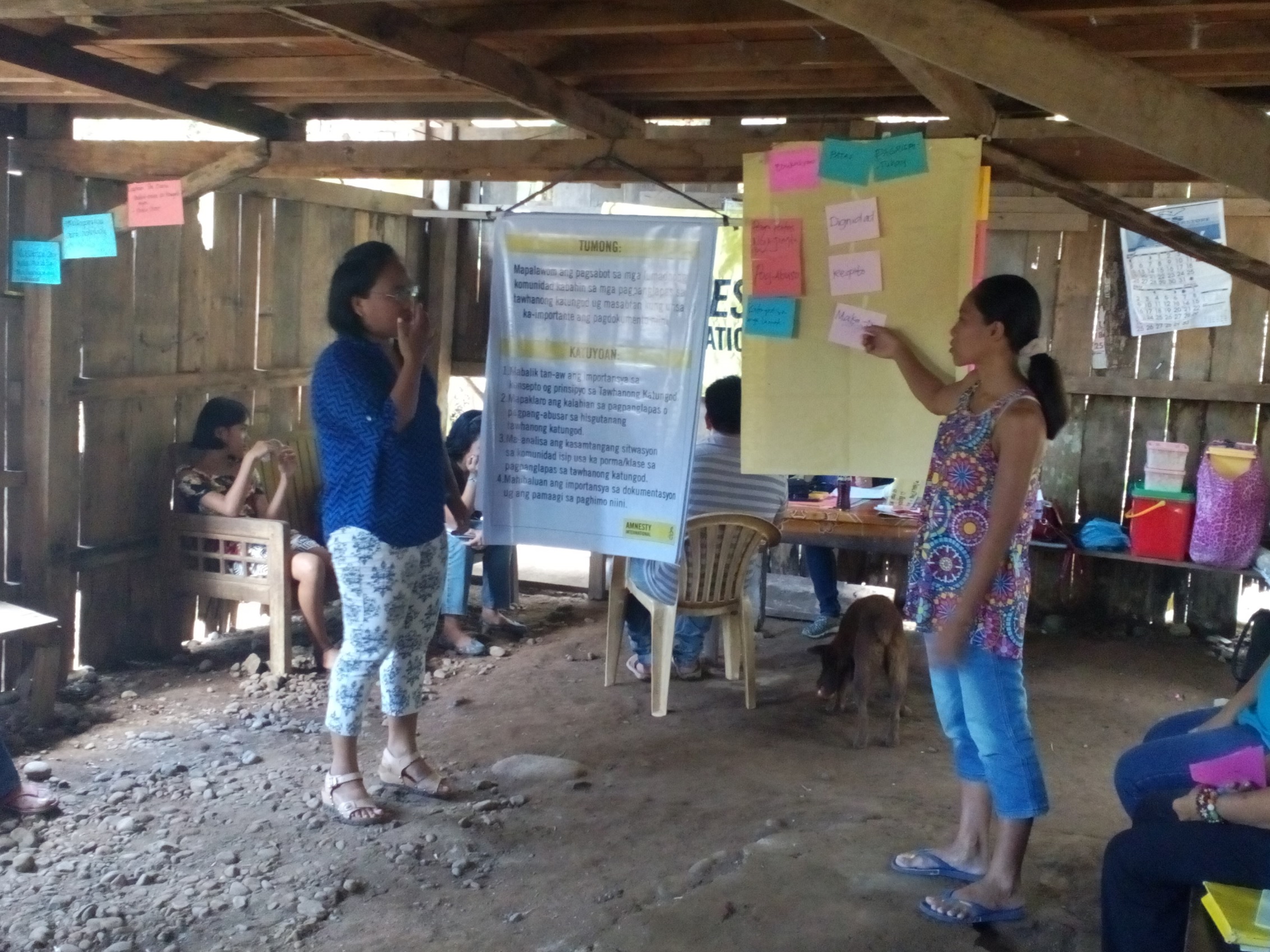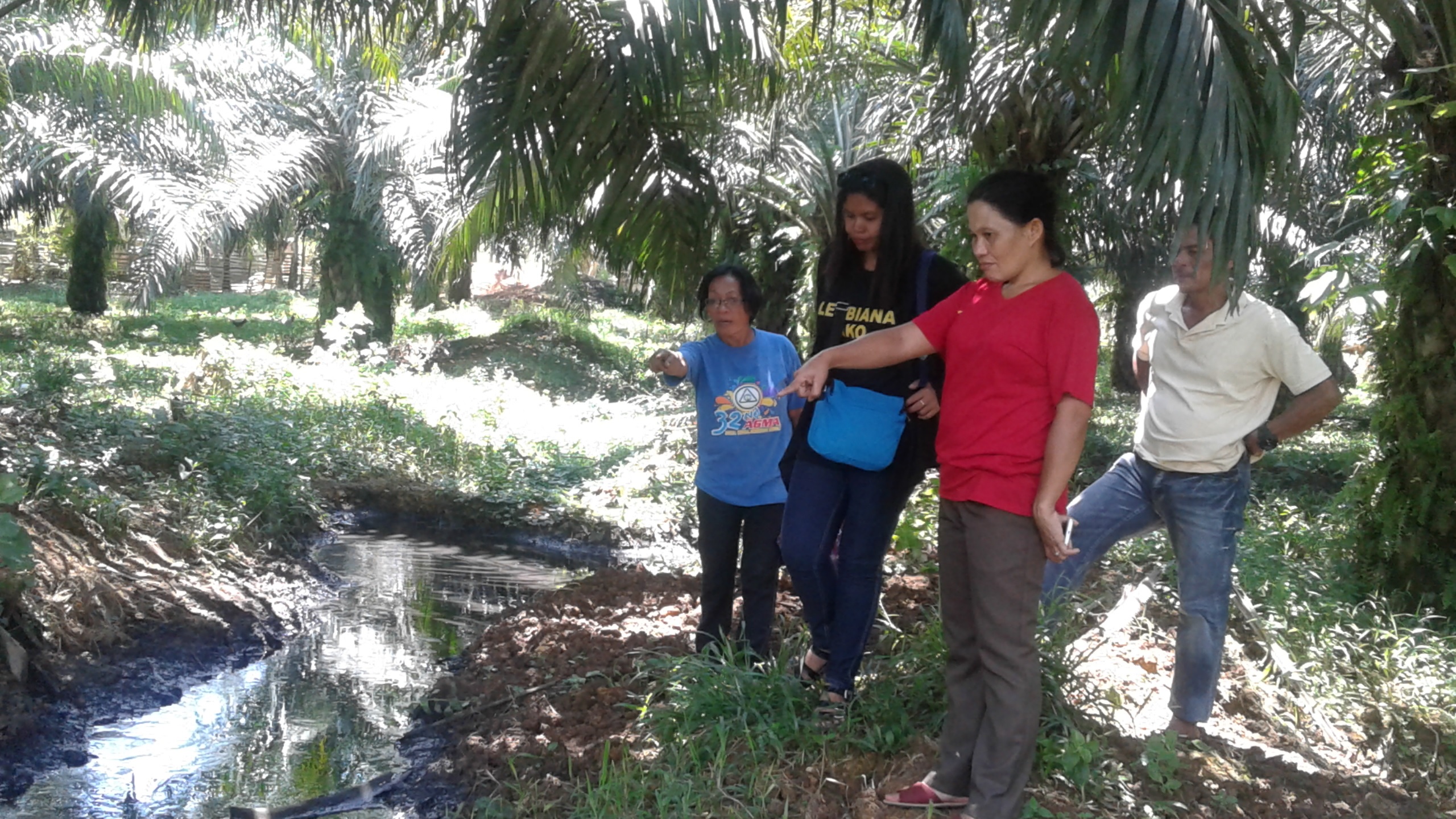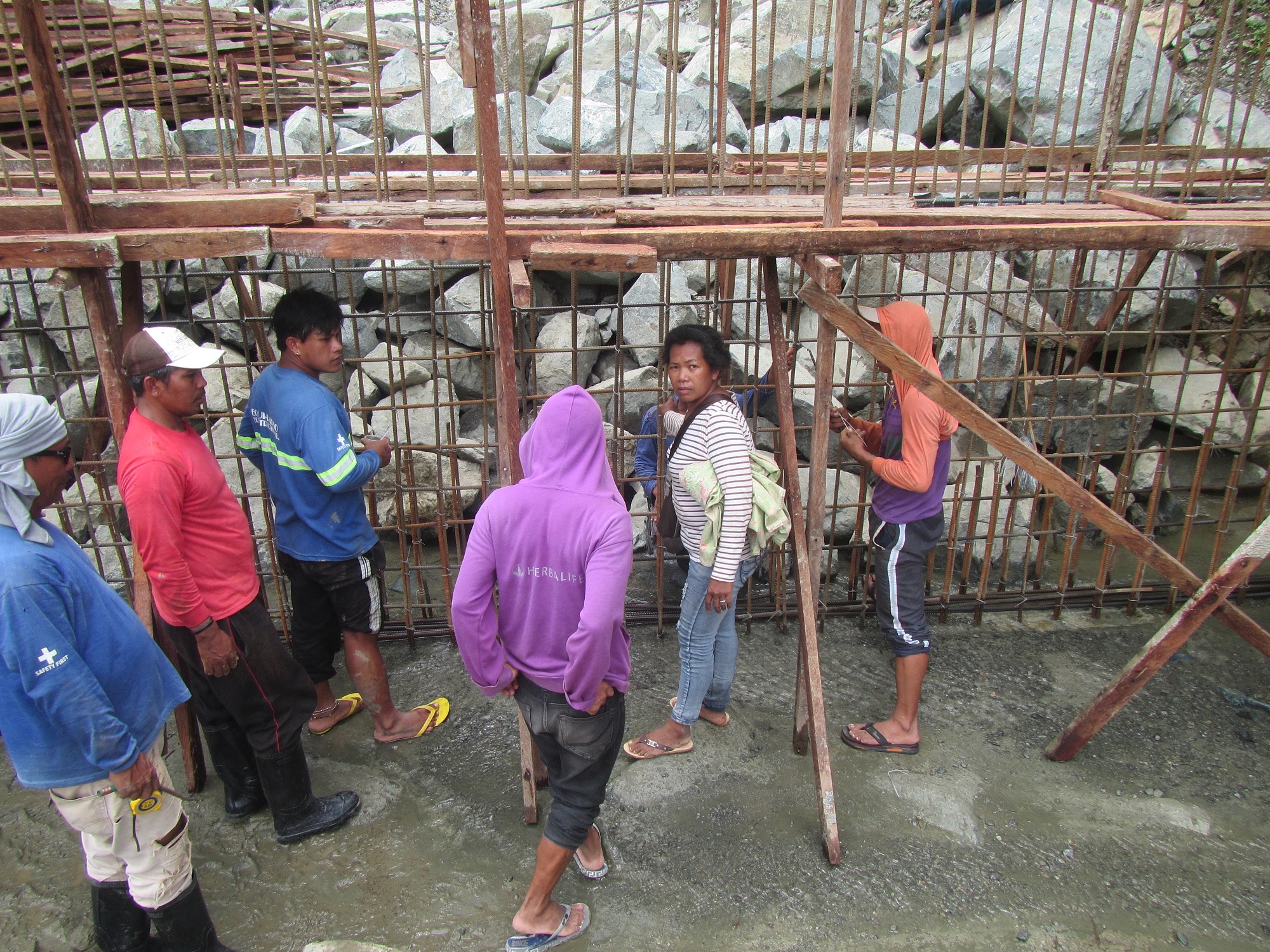Promoting Corporate Accountability and Indigenous Women’s Rights was a five-year project implemented by Amnesty International (Amnesty) Philippines under the larger global Education, Empowerment, Justice (EEJ) Program, which ran from 2013 to December 2017. The EEJ program was coordinated by Amnesty Norway with the goal of reinforcing basic human rights of people across the world and contributing to greater justice for thousands of human beings through human rights education and empowerment initiatives. Since its inception in 2013, the project distinguished itself in such a way by coalescing women’s empowerment within a framework of corporate accountability; courageous in its attempts to change the balance of power in three exceedingly patriarchal indigenous communities; and undaunted in targeting governance structures to perform their state obligations to protect, respect, and fulfill indigenous communities’ rights.

The project was implemented in the Caraga Region which is an administrative region in the Philippines occupying the northeastern section of the island of Mindanao. It is composed of five provinces: Dinagat islands, Agusan del Norte, Agusan del Sur, Surigao del Norte and Surigao del Sur. The project consisted of identifying and training seventeen empowered and skilled local women facilitators, from three remote indigenous communities, who would become agents of change within their local communities and beyond. In addition to the logistical challenges associated with implementing such an innovative project within remote and disparate indigenous communities, many of these communities were located in regions affected by conflict. Furthermore, some women activists from these communities had to overcome barriers imposed by their husbands to participate in human rights education (HRE) events and activities away from their homes. Some of the female participants even experienced gender-based violence (GBV) by their husbands for participating in this project.

The success of the project is largely due to the EEJ Program and Amnesty Philippines’ strong commitment to facilitating participatory learning methodologies and mutual trust between the indigenous groups and the project implementers as well as implementing accessible, participatory and empowering approaches in data collection, analysis and in shared learning. Throughout the duration of the project, participants engaged in both formal and informal learning communal gatherings. Formal times and processes for learning and reflection took the form of: bi-monthly meetings with the trained women facilitators; quarterly meetings of Amnesty staff, including the HRE coordinator, head of office, development officer, project coordinator and staff; monthly meetings with tribal communities; as well as regular ‘re-echo sessions’ – conducted by local women facilitators to learn about and document instances of corporate accountability (and lack thereof); and stakeholder analysis – a process where indigenous communities collectively and systematically gathered and assessed qualitative information about persons or groups and whose interests should be taken into account when addressing a community issue. The three indigenous communities, with at least 300 members in total were thus capacitated with inputs on business and human rights, documentation of human rights violations, gender and women’s rights, LGBT rights, GBV, basic human rights and indigenous people’s rights. Formal training sessions also consisted of community and resource use mapping which the indigenous community used to increase awareness of what is happening on the ground; articulated what structures, organizations, institutions, livelihood or resources are present on their land; empowers people to analyze and surface issues as they explain the map; and helpful for indigenous communities in analyzing resources present within their ancestral domains. Furthermore, informal opportunities to learn and reflect jointly were also fostered through: project site visits, regular ongoing communication with women facilitators, tribal leaders, and other community members.

The human rights-based community organizing strategy enacted by the project has both mobilized and provided the participating indigenous communities with the tools necessary to assert their rights within their communities as well as claim their rights from state duty bearers. Through participating in this project, indigenous women augmented their knowledge of human rights, and through this knowledge became empowered to raise their voices and represent their communities as “change agents,” and became role-models for many motivated young indigenous women and men to act on human rights issues impacting their community. Furthermore, the women facilitators have acted to mobilize their tribal communities and gain the support of tribal chieftains to proactively plan, support and act on pressing community and human rights issues. Many of the male leaders were also enlisted in the project to educate and positively influence the understanding and behavior of the husbands of the women activists. A primary example of the successful impact of this project was the documentation of pollution of natural resources by a palm oil company, which was used by the community to get the state agency to undertake analysis of water and air pollution levels. Additionally, this documentation helped the community gain back land taken from them by the company and a charge against a village chief, who had wrongfully been imprisoned for taking action against a corporation, consequently dropped.

The impact of this project is evident in the concrete application of HRE principals by community actions. The tangible results of this project include the following: 1) immediate ocular investigation by the Environmental Management Bureau (EMB) of the environmental damages caused by the operations of a palm oil processing plant; 2) awarding more than 100 hectares of agricultural land to the IP farmers by the Department of Agrarian Reform (DAR); 3) initiation of registration of Certificate of Ancestral Domain Titles (CADTs) by the Land Registration Authority as a result of the multi-agency technical working group created by the project; 4) appointment of Indigenous People Mandatory Representatives (IPMRs) in various local government levels. Key government institutions, despite their often substandard implementation of policies for the indigenous people and natural resources management and protection, have also become more responsive to the clamor and issues of indigenous groups within project areas. Furthermore, the membership of Amnesty International Philippines in this region grew by 200% in a one-year period because the indigenous communities have seen how relevant Amnesty has been in empowering them to fight for their rights.
A safe space for indigenous women to be heard and recognized as abled leaders capable of taking action with their indigenous cultural communities is timely. This project is a testament that these local women facilitators can rise from the peripheries, if afforded the opportunity and human rights perspective, to stand and be the change they have long wanted.
Armando Lidon Paragat, Human Rights Education Coordinator, Amnesty International Philippines


